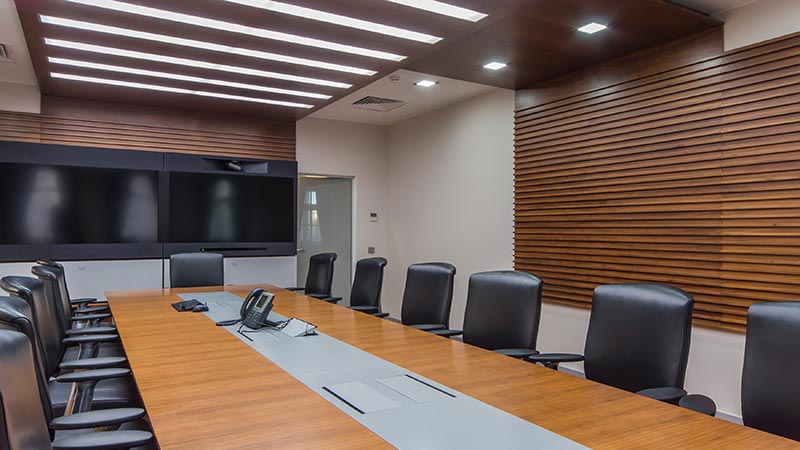
Lighting Controls, Explained
SensorSwitch room-based lighting controls automatically control the lights in a room with an occupancy sensor. The occupancy sensor detects a person has entered a space and will turn on the lights, turn lights on to 50%, or turn them off if the room is vacant. There's so much more to lighting controls, including customizable dimming, occupant comfort, energy savings, and more.
Lighting Controls Benefits

Increases Energy Efficiency
Reduces energy consumption and benefits the environment

Enhances Occupancy Comfort
Ensures lighting is adjusted to optimal levels for occupant comfort

Lowers Costs
Lowers utility costs by automatically turning off lights in vacant spaces.

Addresses Energy Codes
SensorSwitch products aid in meeting energy code requirements
Choose From Wired or Wireless Lighting Controls
Today there are options when selecting a lighting controls solution for your project or space; wired lighting controls or, more recently, wireless lighting controls. Read on to learn more.
Wired Lighting Control Solutions
The traditional option with the controls devices (occupancy sensors, wall switches, etc.) connected with line power. Wired controls require a line connection from each control device to the fixture and the wall switch.
- Easily add more devices to customize your space
- Customize light settings for indoor and outdoor applications
Wireless Lighting Control Solutions
This method uses a wireless protocol that enables the controls device to communicate with the fixtures in the room/space.
- Eliminates running power wires between the controls device and the fixtures
- Easy to install, saving time and money
Learn more about SensorSwitch Technology.
Versatile Lighting Control Solutions for Every Space
Our lighting controls are optimized for key applications like education, commercial spaces, and warehouses. Discover how our solutions enhance efficiency and comfort in these environments and explore even more possibilities in our full Applications Solutions Guide.




